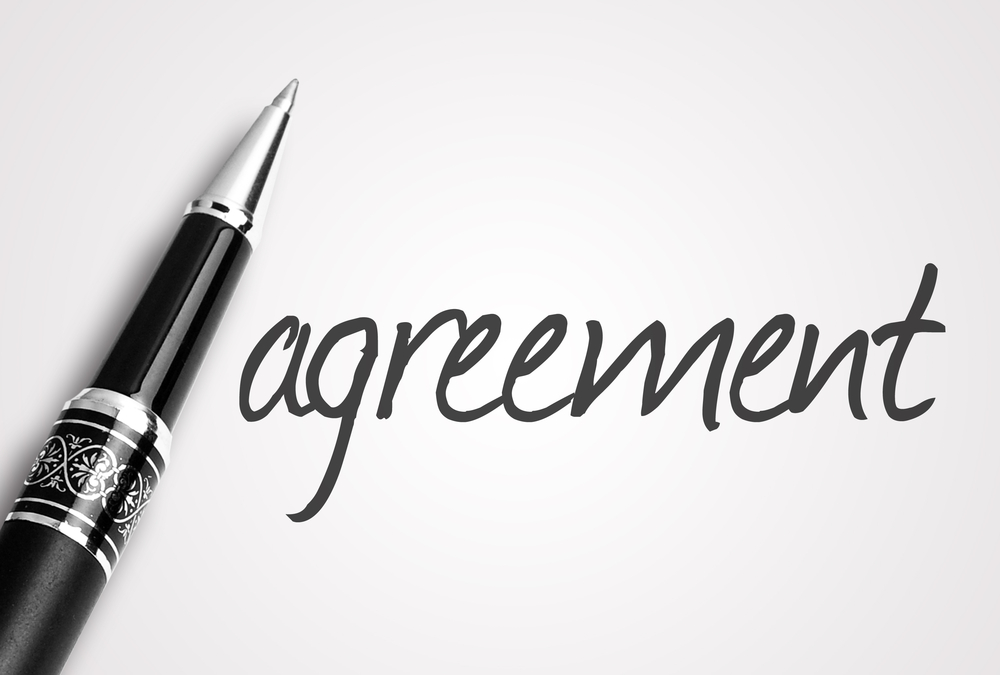What is a shareholders’ agreement?
A shareholders’ agreement governs the relationship between a company, its shareholders and the shareholders themselves. The shareholders’ agreement provides a road map for the relationship between shareholders while they are in a relationship together and when they end that relationship.
Why have one?
The process involved in curating a shareholder’s agreement cannot be understated. We probe the shareholders for important information and the initial meetings might be considered akin to a “pre-nup” meeting of sorts. The process that we facilitate and in meeting everyone concerned is almost as important as the end product itself.
We often assist clients with disputes which arise when shareholders wish to sell their shares or exit a company, or if the company is doing particularly badly or even particularly well. It doesn’t matter how well you know the person you’re doing business with. Conflict is extremely common when two or more parties are in business together. In our experience, many of these conflicts tend to arise from personal circumstances, rather than day to day business operations. Those circumstances might include: a new romantic partner for a key person, a marital breakdown, a bad habit such as gambling or drugs, mental illness, or a large change in general life circumstances.
A well drafted shareholders’ agreement will:
- provide a framework for the ownership and management of the company and related business;
- signal to prospective investors and financiers that the company is stable, well‑managed and provide comfort over the company’s ownership and management;
- specify how potential disputes between shareholders are to be dealt with. While disputes might seem unlikely, it is helpful to agree on the resolution process from the outset; and
- deal with how core exit events are to occur and be funded.
What key issues should a shareholders’ agreement cover?
As no two businesses are the same, the shareholders’ agreement should be customised by a solicitor to suit the business relationship. The following are some key issues which a shareholders’ agreement should cover:
|
No. |
Item |
Summary |
|
Board Structure and Decision Making |
|
|
|
Dividends, Funding, and Issue of New Shares |
|
|
|
Selling Shares |
|
|
|
Deadlock |
|
|
|
Working Owner Concept |
|
|
|
Buy / Sell Provisions and Insurance |
|
|
|
Trade Restraint |
|
|
|
Employee Share Schemes |
|
Key Takeaways
A shareholders’ agreement is an extremely valuable document protecting the interests of shareholders and the future of a company and can be used to prevent and manage disputes and reduce the severity or collateral damage of those disputes. It also spells out how a shareholder may exit and how those exit events might be funded.
Remember that the process itself for the shareholders, coming to see lawyers, and being asked the hard questions (like a “pre-nup”), is a very valuable process that we can curate for you.
Please call the commercial team at Rouse if you want to discuss any agreement to govern a business with more than 1 owner.

